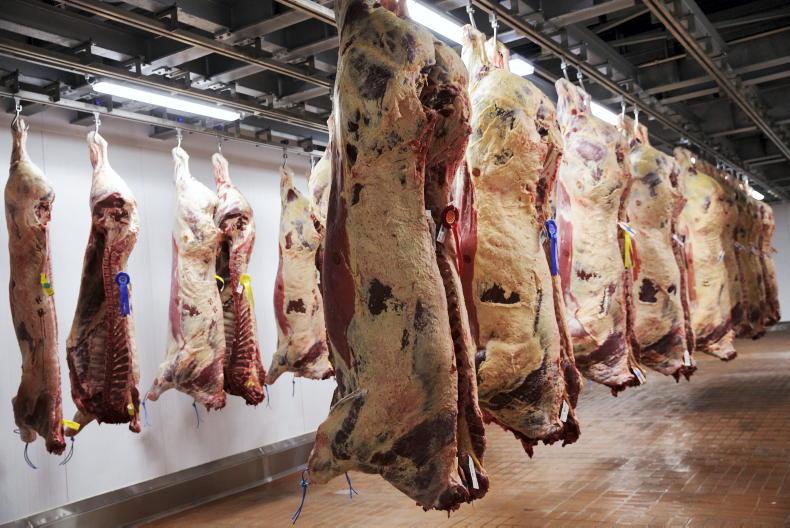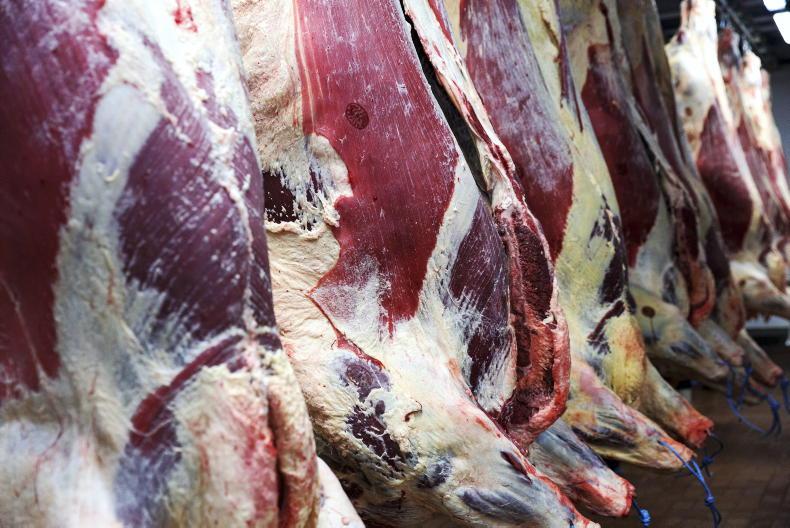The reopening of the Chinese economy from its latest COVID-19 lockdown looks set to increase the Asian giant’s demand for food imports and further drive global food inflation.
Financial services firm Morgan Stanley raised its outlook for China’s economy in 2023, predicting a sharp rebound in economic activity.
The firm forecast that China's gross domestic product in 2023 would increase by 5.4%, up from its previous outlook of 5%.
Bllomberg Economics has been equally bullish regarding the implications of the Chinese economy reopening for international business, claiming that such a move could have “seismic” consequences.
“China reopening would boost global commodity prices and could create supply chain backups that would put pressure on prices of many goods and services,” Bloomberg maintained.
Beef imports
The first nine months of this year has seen China’s beef imports increase by 12% or more than 205,000 tonnes to reach 1.94 million tonnes.
The primary beneficiaries of this trade have been South American and Australasian beef producers.
The top five suppliers of beef to China are Brazil, Argentina, Uruguay, New Zealand and Australia. These countries supply 87% of China’s total beef imports.
The increase in Chinese beef imports will bring further pressure on the Irish Government to resolve Ireland’s continued exclusion from the market.
China's pigmeat imports are expected to decline as local production bounces back
Irish beef exports to China have been suspended since May 2020 following the discovery of an atypical BSE case in the national herd.
While re-opening the market has been deemed a priority issue by the Department of Agriculture and Minister for Agriculture Charlie McConalogue, this decision will ultimately be made by Beijing.
In contrast to beef, Chinese pork imports look set to decline sharply in 2023, according to the latest market outlook from Britain’s Agriculture and Horticulture Development Board (AHDB).
Pigmeat decline
China's pigmeat imports are expected to decline as local production bounces back from the ravages of African swine fever (ASF).
China’s pig production capacity is expected to recover sooner than initially expected, drastically reducing its reliance on imports.
The EU’s recent medium-term outlook for agriculture forecast a 1% annual fall in pig production from now to 2032 due to increased environmental regulations, public unease with intensive productions systems and ASF outbreaks.










SHARING OPTIONS